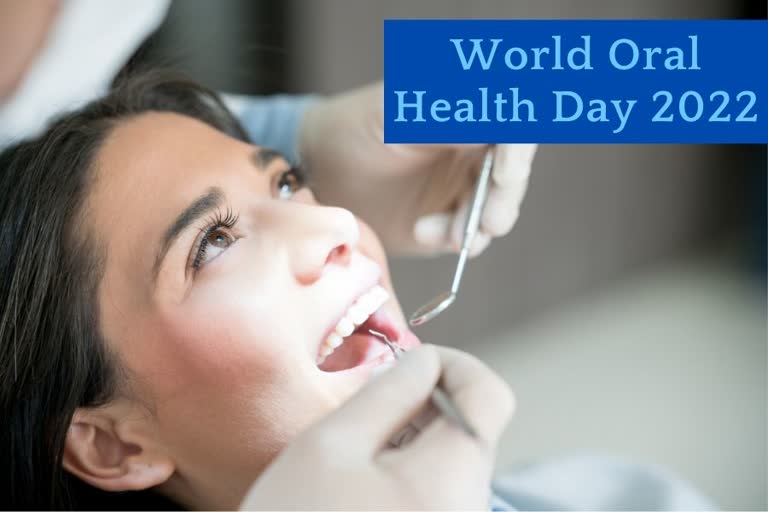Besides lack of oral hygiene and wrongful eating habits, many other reasons can affect our oral health and cause diseases related to teeth and gums. The World Health Organization (WHO) states that Oral diseases pose a major health burden for many countries and affect people throughout their lifetime, causing pain, discomfort, disfigurement, and even death. It is estimated that oral diseases affect nearly 3.5 billion people. More than 530 million children suffer from dental caries of primary teeth.
Oral health is just as important as our general health. The FDI’s definition of oral health is, “Oral health is multi-faceted and includes the ability to speak, smile, smell, taste, touch, chew, swallow and convey a range of emotions through facial expressions with confidence and without pain, discomfort and disease of the craniofacial complex (head, face, and oral cavity). Oral health means the health of the mouth. No matter what your age, oral health is vital to general health and well-being.”
Common Oral Health Problems
- Toothache
- Cavities
- Stained/yellow teeth
- Sensitivity
- Cracked or broken teeth
- Tooth decay
- Gingivitis (gum disease)
- Oral cancer
- Mouth sores
- Tooth erosion
- Bad breath, etc.
How To Maintain?
FDI suggests tips to maintain your oral health throughout life, which includes:
- Brush for two minutes, twice a day:toothbrushing helps remove food and plaque, which if not managed can lead to tooth decay and gum disease.
- Brush every surface:use a manual or electric toothbrush to brush the inside surfaces, outside surfaces and chewing surfaces of your teeth. Brush in circular motions – not back and forth.
- Use a fluoride toothpaste: fluoride plays a key role in the fight against tooth decay.
- Do not rinse with water straight after brushing: this can wash the protective fluoride away. Spit out any excess toothpaste instead.
- Replace your toothbrush every three months: the average life of a toothbrush is about three months. Change any toothbrushes with splayed, worn-looking or missing bristles. Brushing with an old, frayed toothbrush will not clean your teeth and mouth properly.
- Floss at least once a day:floss and interdental cleaners help reach those difficult areas between your teeth. Regular cleaning helps to dislodge food and may reduce gum disease and bad breath by removing plaque that forms along the gum line.
- Protect your mouth while you’re on the go:when brushing is not possible, rinse with a fluoride mouthwash or chew sugar-free gum after meals and snacks.
Therefore, brushing your teeth is very important, along with cleaning in between the gums. Ensure regular visits to your dentist and maintain a healthy diet and lifestyle. If you wish for whiter and healthier teeth as well as pink and strong gums, restrain yourself from consuming sugary foods, smoking, and consider switching to healthy snacking.
Also Read:4 Common Habits That Can Affect Oral Health
